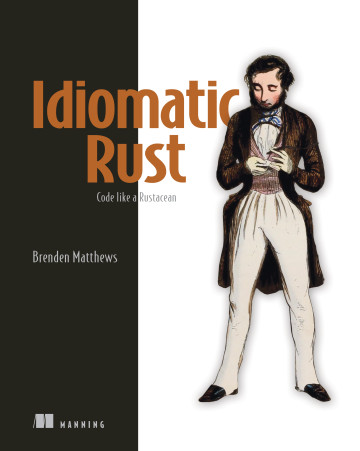404 media has been the first news outlet to break most of these tech stories, they are a small group of extremely talented journalists. (When I say small I mean 4 or 5)
catch22
joined 2 years ago
iFixit, is an amazing resource for these kinds of questions.
https://www.ifixit.com/Guide/OnePlus+Nord+2+5G+Screen+Replacement/156313
They also cover major appliances, cars, computers, power tools, and other everyday devices.
Tape required: https://www.ifixit.com/en-eu/products/tesa-61395-tape?variant=46746786496852
view more: next ›

https://github.com/IRS-Public/direct-file